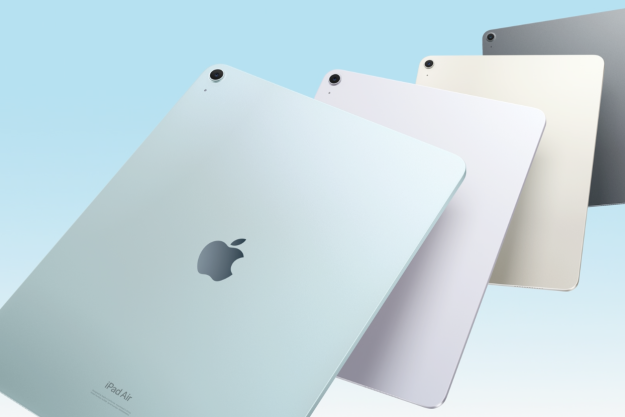
Since Apple’s iPhone first launched in late June, hackers, coders, and gadgeteers have been working feverishly to open up the iPhone. One goal has been to install third-party applications on the device, rather than letting the iPhone run only Apple-sanctioned software specified by Cupertino or connect to Web-based services developed with the iPhone in mind. The other major goal, however, has been to separate the iPhone from AT&T’s network so it can be used with other mobile providers. In the United States, the technology of the iPhone essentially dictates that the only other provider which would support an iPhone is T-Mobile, but for international users, the possibilities are considerably more exciting—especially considering the iPhone is not yet available outside the United States.
Now, two solutions have reportedly been developed which enable iPhone users to separate their devices from AT&T and use the phones with other providers. The first, developed by New Jersey teen George Hotz in collaboration with four online colleagues, involves soldering and software modifications to the iPhone—and, yes, it definitely voids the iPhone’s warranty. Complete steps—complicated as they are—are posted on Hotz’s blog. The second unlocking solution is from the iPhoneSimFree group, and purports to be a software-only unlock which frees the iPhone to work with SIM cards from any service provider. iPhoneSimFree is offering publications free unlocks as proof of its accomplishment over the next 48 hours, an apparently plans a commercial launch of its unlocking solution within the next week.
It remains to be seem how (or if) Apple will respond to attempts to unlock the iPhone. Although there’s presumably little the company can do about users attempting to modify the hardware of the devices, the company has historically taken dim views of third parties trying to alter or extend the functionality of devices like the iPod via software modifications. It’s certainly possible Apple will analyze unlocking systems like iPhoneSimFree’s and revise the iPhone software so they no longer function. Although these sorts of tactics often produce an “arms race” with hackers who simply start to work on reverse-engineering the new software, it does create instability in the market which typically dissuades all but the most ardent. At $500 to $600 apiece, most iPhone users won’t want to take a chance with their devices, and that may be enough to assuage AT&T and Apple’s eventual overseas partner that distributing the iPhone is a solid business move.
And on the international front, Apple has reportedly signed its first deals to bring the iPhone to Europe via Germany’s T-Mobile Deutschland, Britain’s O2, and France’s Orange SA. The deals may put the iPhone on the market in time for the end-of-year holiday season, and a report from IDG has the mobile operators giving Apple a 10 percent slice of revenue generated from iPhone voice and data services. An official announcement is expected next week at the IFA conference in Berlin.
Editors' Recommendations
- There’s something Apple isn’t telling you about the new iPad Pro
- I don’t think Apple wants me to buy the new iPad Pro
- Best phone deals: Save on the iPhone, Galaxy Z Fold 5, and more
- Apple has quietly killed its cheapest iPad
- Apple updated two of its biggest iPad apps, and they look amazing


